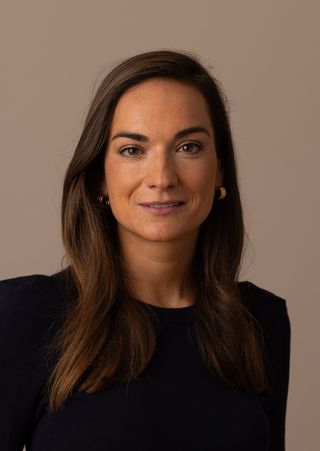As the war in Syria edges closer to its seventh year, there is scant reason for optimism that a lasting internationally brokered peace settlement is likely to surface. To date, Syrian peace talks have been beleaguered with false starts and inadequate progress has been made after a number of rounds of Geneva, Vienna and Astana conferences. Yet, the United Nations Special Envoy for Syria Staffan de Mistura touted the latest (eighth) round of intra-Syrian talks, which began in Geneva last week, as having the potential to move the crisis towards “a genuine political process”. Mr de Mistura based his hope on “the emergence of international consensus” stemming from “a backdrop of intense diplomatic activity” between the key regional and international powers over the past couple of weeks and months.
In retrospect, there was a similar sense of hope for a positive outcome of the talks in late 2015 when a large portion of the Syrian opposition consolidated under the High Negotiations Committee banner. Russia was only in the early days of its more active military presence in Syria and the cooperation between the United States and Russia yielded a unanimous adoption of the UN Security Council Resolution 2254 detailing the roadmap for peace process. The first partial ceasefire between February and July 2016 was largely a product of these developments.
Ever since, the power dynamics have been tipping in the Syrian government’s favour, eventuating in what has been deemed a de facto military victory of the Syrian regime. This also makes the Syrian government less pressed to prioritise peace negotiations, as has been demonstrated over the past weekend when Syrian government negotiators pulled out of the Geneva talks.
The Syrian regime largely owes its success on the battlefield to backing from Russian and Iranian forces. On the other hand, while the fragmented moderate opposition forces have been receiving military aid and logistic support largely from Arab states and Turkey, it has paled in comparison to what the Syrian military received from its allies. Moreover, President Trump’s decision to end the CIA’s covert program to arm and train moderate anti-Assad forces further accentuated the asymmetry of power. President Obama was also criticised for not demonstrating credible commitment in backing the moderate opposition, yet Trump’s move has been interpreted as tantamount to delivering President Putin a victory in Syria.
The highly complex nature of the Syrian war is evident in the number of parties and issues involved, which renders it an intractable problem. The current round of Geneva talks has been hailed as the first time the Syrian opposition has appeared as a unified front at the negotiations. However, this has only been a recent development and there are still open questions about the rifts within the opposition, especially regarding the role President Assad would play moving forward.
The emphasis on confidence-building measures, such as ceasefires and the release of political prisoners, has yielded mixed results. Despite the agreement on setting up de-escalation zones between Astana sponsor nations (Russia, Turkey and Iran), the ceasefires continue to be broken. Moreover, while the Geneva process initially prioritised arrangements for a transition period, new elections and new constitution, the Assad government has been able to include fighting terrorism on the agenda, thereby diluting the focus from the original conflict dyad. Equally, the division and control of Syrian territory remains a highly contentious issue, especially as there are depictions of the current political geography of the country as akin to soft partition.
Undoubtedly, the momentum has been with Russia, Turkey and Iran to dictate the agenda of the peace talks over the past year. The United States has been on the sidelines of the peace process under the Trump administration, as its primary focus has been on defeating ISIS in Syria and Iraq. In a public statement on the issue in late October, the embattled Secretary of State Rex Tillerson argued the US remains committed to Geneva talks and repeated the Obama administration’s view that President Assad cannot remain in power. There has been no clear formulation of US strategy beyond that.
Any lasting peace deal will need to have guarantors that represent all sides in the conflict, which is why a UN-sponsored process such as the one in Geneva has greater international legitimacy and presents potential for a more durable settlement. While there has been a buzz of diplomatic activity ushering in the talks, it seems the current Syrian peace process is still missing the key elements for successful conflict resolution. The significant power asymmetry, unwavering complexity of issues and parties, as well as a lack of convergence on crucial questions among the key regional and international powers make it hard to justify the optimism that opened the talks last week.




